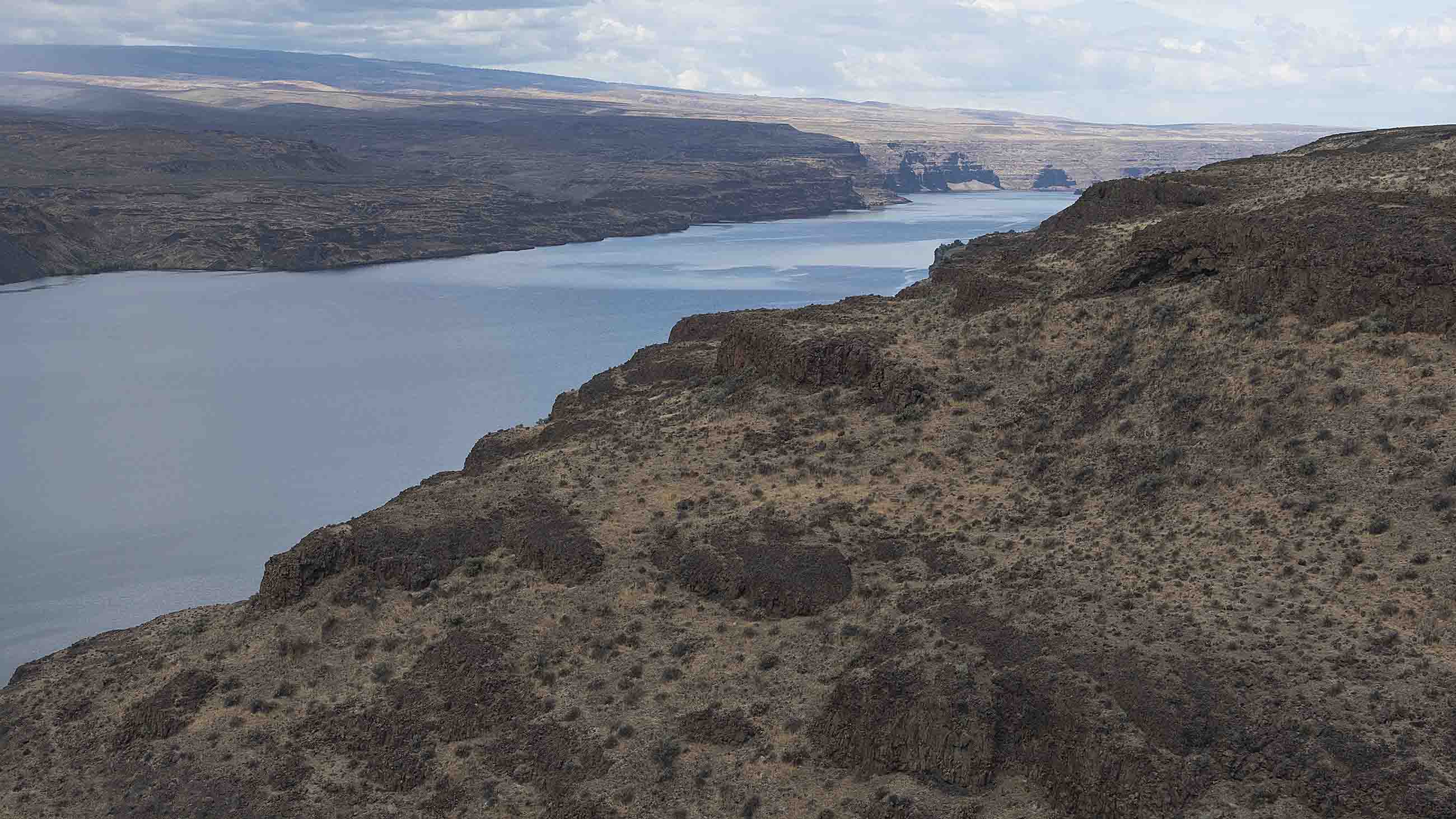Abstracts: Hydropower, Water Bears, and More
• Almost half of the hydropower electricity that powers the United States hails from more than 250 dams along the Columbia River and its tributaries. But this system could change under the Trump administration, as officials hope to privatize the federally-owned power network — one of many proposals to convert U.S. infrastructure projects to public-private partnerships. (New York Times)

• Researchers have decoded the DNA of tardigrades, also known as water bears, which are among the most resilient organisms in the world. A new study found that the water-dwelling mico-animals — which can survive radiation, freezing, dehydration, and vacuums in space — are driven by their genes to produce proteins under dry conditions that keep them alive until water is present once more. (BBC)
• Vinyl cyanide, a molecule associated with the formation of life, has been detected on Saturn’s moon Titan. Though Titan has no water on it, scientists believe that vinyl cyanide can form azotosomes, which could serve as the cell membranes of life forms. (Science News)
• An invasive fungus, Candida auris, has finally been eradicated from Royal Brompton Hospital in the U.K. after having infected at least 50 patients over the course of a year. Doctors and health experts are worried that the “superbug” could become widespread in hospitals elsewhere — especially in the United States, where it’s already shown up. (STAT)
• Locals in Venice, who already contend with the sinking of their city made worse by the threat of climate change, are also fighting toxic air pollution caused by the frequent presence of large cruise ships. Many major shipping lines won’t pay for the necessary technological changes that would reduce the particulate matter released by the ships’ exhaust — which harm passengers, too. (The Guardian)
• A commission created by President Trump has recommended declaring a state of emergency over the nation’s opioid epidemic. Other recommendations include funding more research for non-opioid painkillers and improving enforcement of federal law requiring health insurers to provide equal access to mental health services. (Vox)
• The one-room EPA museum, located in the Ronald Reagan International Trade Building and established by former EPA administrator Gina McCarthy, details the history of the agency. It is now being reworked by Trump officials, with portions about climate change to be altered or possibly removed. (Washington Post)
• And finally, a utility company in Vermont is getting residents off the grid and onto a new solar power program, with both environmental and financial benefits. (New York Times)









